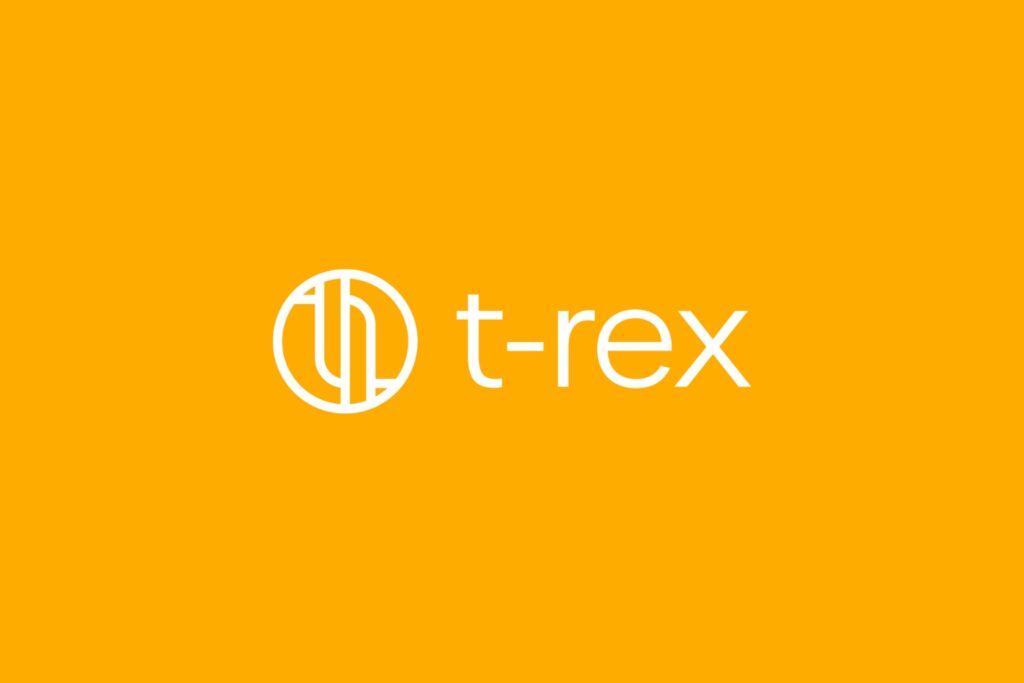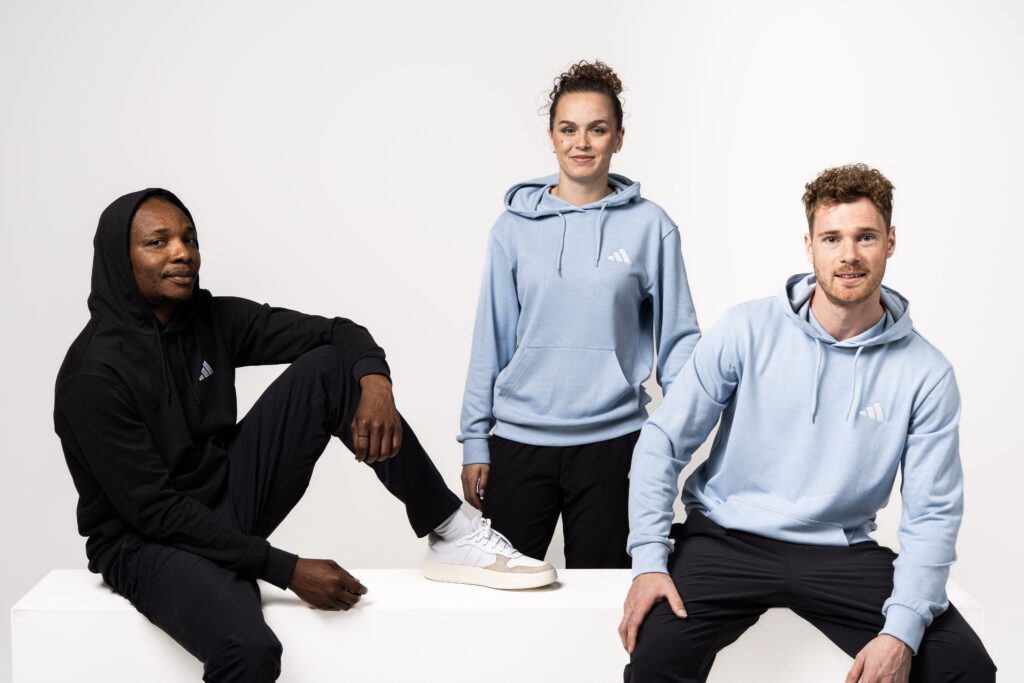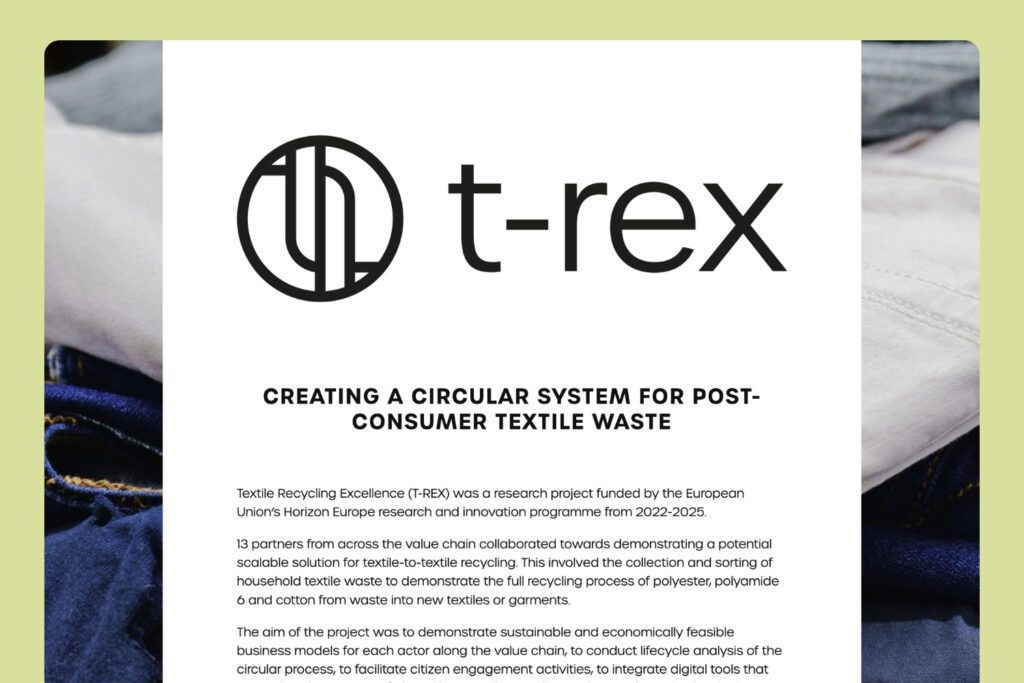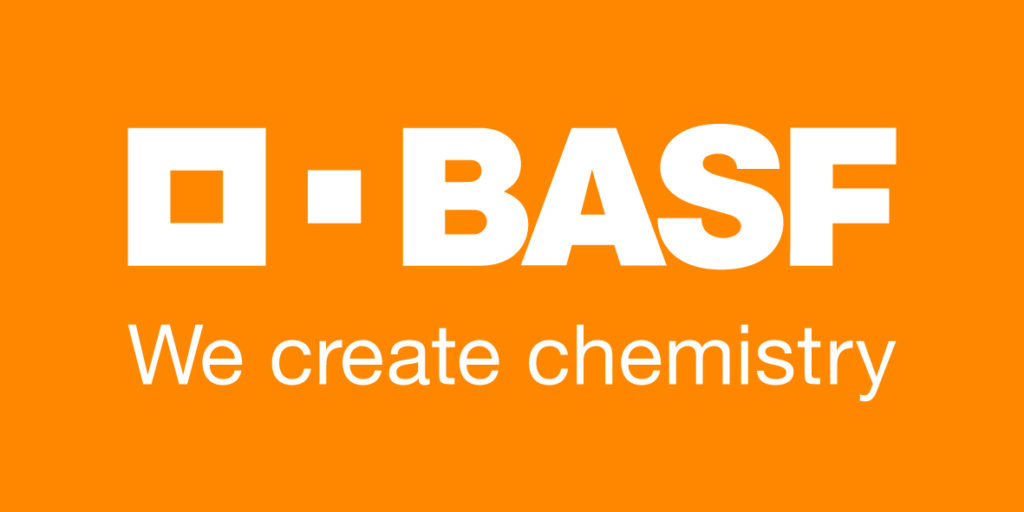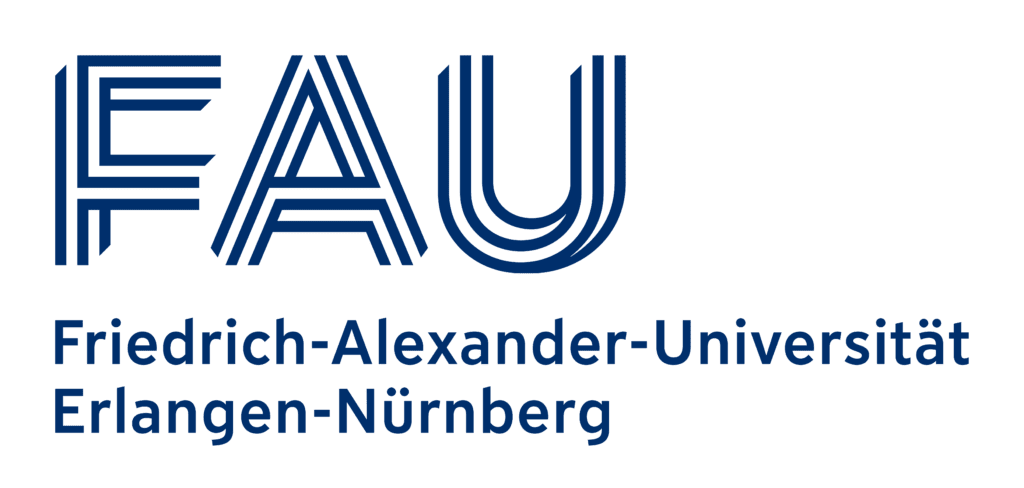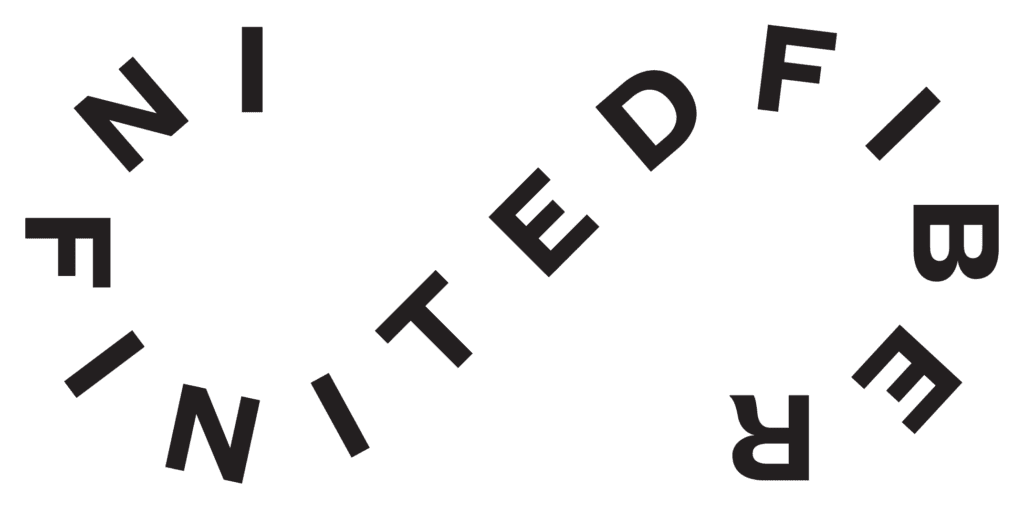Creating a circular system for post-consumer textile waste
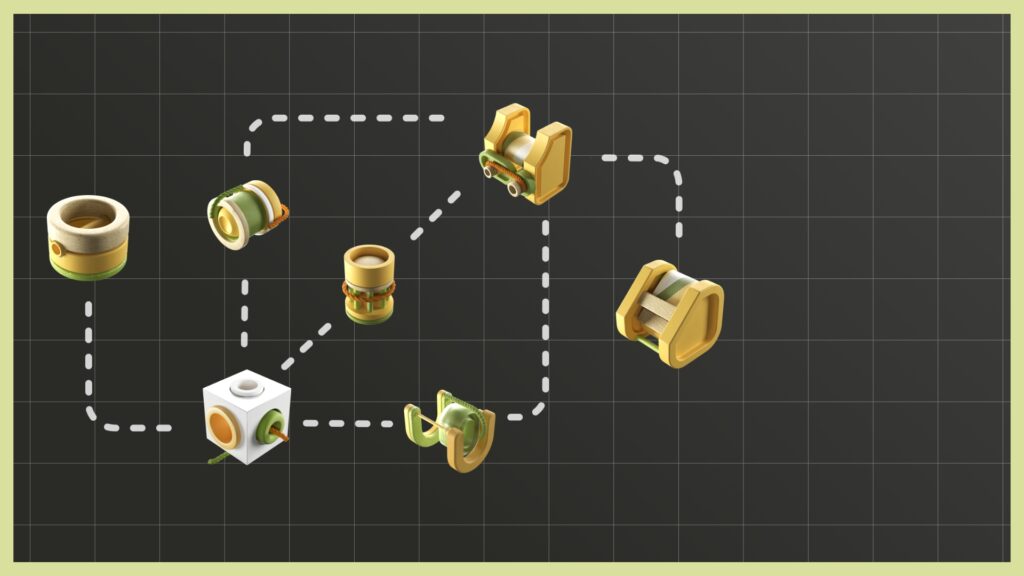
The challenges
Today, 2% of post–consumer textiles (in Europe) are diverted to fibre-to-fibre recycling. Creating a circular system for post-consumer textile waste currently faces many challenges, including a lack of standards for collecting and sorting textile waste across countries, inaccurate composition claims, uneven quality of materials, and a lack of reliable data across value chain stakeholders.
List - news-article
Latest news
Follow T-REX Project’s progress and dive into the learnings.
Reflections on the T-REX Project
Discover T-REX Project Resources on the Circular Textiles Platform
List - participant
Project participants
13 major players from across the entire value chain collaborate towards demonstrating a potential scalable solution for textile-to-textile recycling.
The organisations have established transformational synergies between the waste management practices of Veolia, leading the post-consumer textile waste collection, sorting and division, and the feedstock needs of the respective textile recycling technologies of Infinited Fiber Company, BASF, and CuRe.
The recycled fibres were converted to yarn by manufacturers Fulgar, Indorama Ventures and Linz Textil, from which adidas created demonstration products with end of life in mind.
FAU supported the project with analytical expertise to maximise the conversion of multi-fibre textile waste into recycled fibre, and Aalto University conducted citizens’ engagement activities to raise awareness of textile recycling practices, and analyse social impact.
Fashion for Good lead industry communications, and conducted business viability and digital integration activities, supported by Quantis and Arapaha who collected and analysed data from across the value chain for sustainability assessments and digital solution recommendations.
